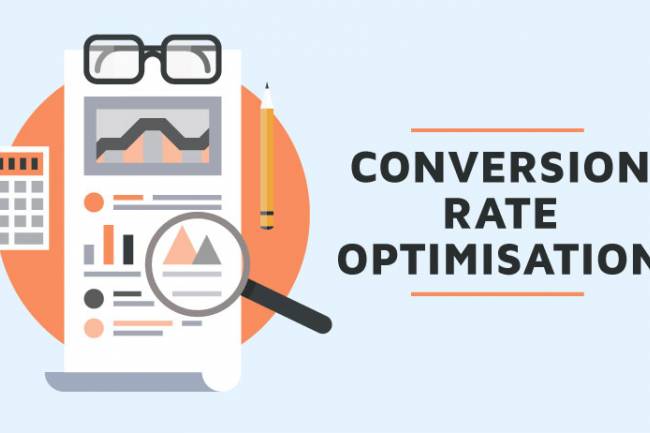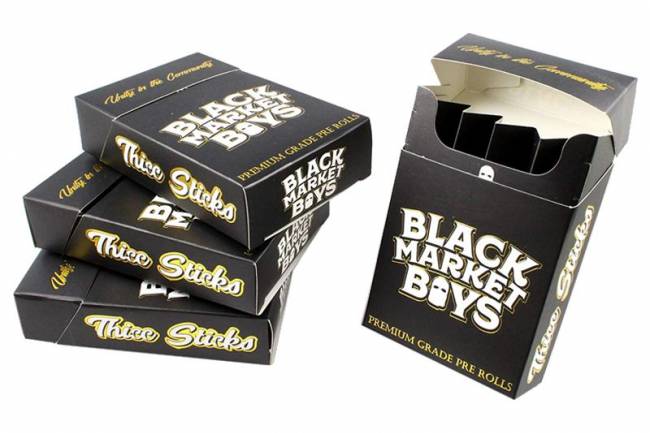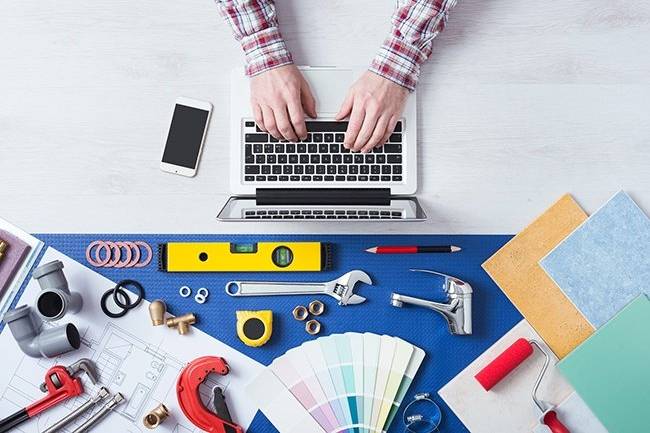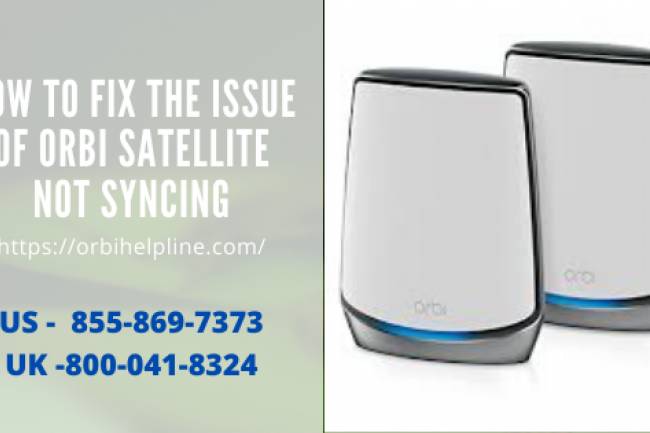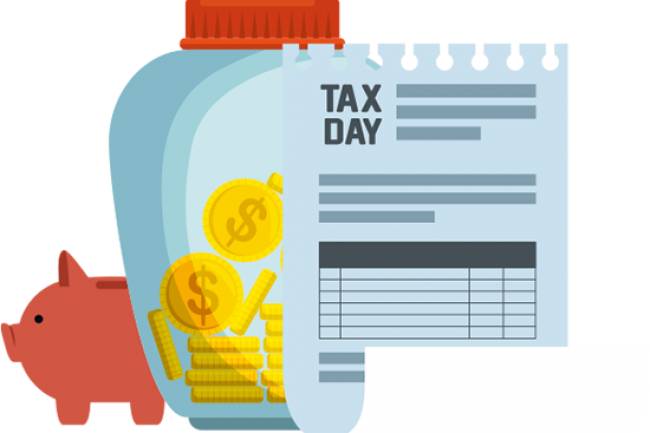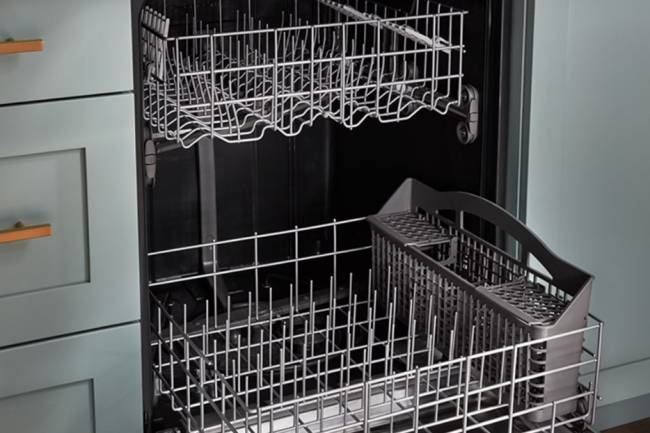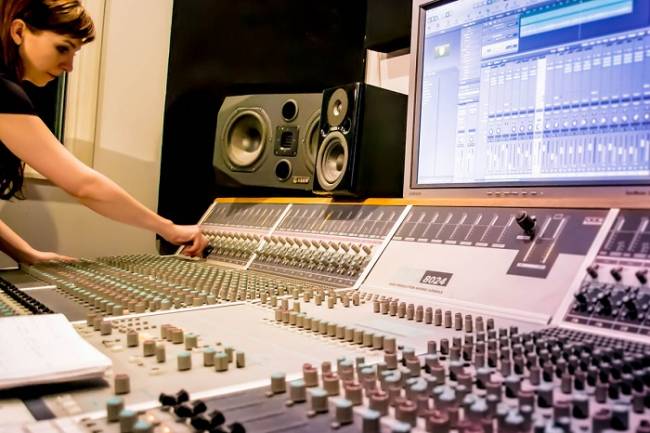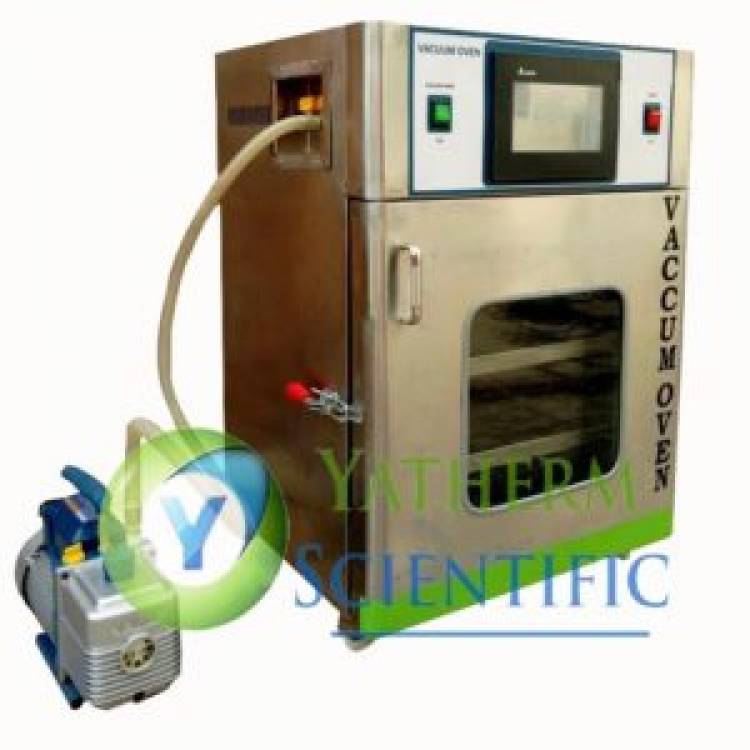
Precautions you must consider before using the Vacuum Oven
Drying, melting, gasification, chemical reactions etc are the processes which are done in vacuum ovens.
Although it's safe to do all these, there still must be some precautions that need to be taken, to ensure that our job is done optimally.
And these are:
- Conditioning: Ensure that the oven is In good condition and everything is working well before using it.
- Damaged parts: Observe carefully for any kind of damage in the order or outlet.
- Temperature sensors: A proper system must be installed which will sense the temperature and turn off when the job is done, to avoid access heating or drying, and also save the power supply.
- Parameters: There are certain parameters of every machine, and it should operate within those normal parameters. If the oven is not working accordingly, take it out of service immediately and do not use it, until the repairing is done. "Damaged Equipment" put this tag on the plug and the door of the oven to prevent its usage.
- Temperature accuracy: Make sure that temperature which is readout is correct. This checking is normally done by thermometer. Avoid using mercury thermometers.
- Temperature range: Always use the correct temperature which is used for your task. Never use the oven which exceeds the maximum safe working temperature.
- Set the correct temperature: Make sure that oven is set to the right temperature for your experiment. And it should shut off to the set point.
- Right container: Although even the heat-sensitive substances are also safe, make sure you are using the proper container which is specifically designed for the task.
- Right pressure: The functioning of a vacuum oven depends on decreasing the pressure in the tubes, so make sure that pressure is decreased in the right way.
- Regular cleaning: Oven should be regularly cleaned so that chemicals and other stuff shoulnt remain in it.
- Be cautious in using plastic: Many type of plastics have melting points which are in the range of drying oven, and if it melts, I can cause fire. So be cautious while using plastics.
- Hazardous fumes: The oven must be connected with an appropriate ventilation system, if hazardous fumes. But it would be better if hazardous fumes are not created in the process.
- Avoid Residential Ovens: All types of ovens are not permitted for use in labs. Only those ovens are used which are permitted by NRTL( Nationally Recognized Testing Laboratory) and have a green approval sticker, by LBNL.
- Use gloves: Do not touch with naked fingers to avoid unnecessary burns. Hot glass and cold glass look the same, so it would be difficult to identify it by looking, so take this precaution for your own safety. And stand to the one side in the other direction of the door, while opening it, and approach to take out the substance after some time, as it will cool down a bit.
- Proper training: Give proper training to the staff members who are going to use the oven, make sure that they know all the functioning and precarious need to be taken while using the oven.
Read more about Test Sieves and Co2 Incubator by Yatherm scientific manufacturer of scientific equipment.

